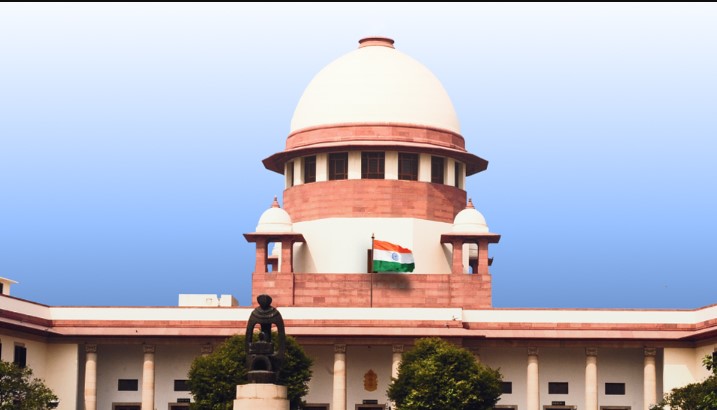Feb 15: Electoral Bonds Scheme has been termed as unconstitutional in a landmark verdict on Thursday by The Supreme Court (SC) of India. SC delivered a historic blow to the scheme, labeling it “unconstitutional.” The apex court emphasized the significance of transparency in political funding, asserting that the scheme infringes upon the fundamental right to information as outlined in Section 19(1)(a).
The verdict issued by the five-judge Constitutional bench mandated the State Bank of India (SBI) to cease the issuance of electoral bonds immediately. Additionally, the SBI has been instructed to furnish detailed records of all electoral bonds transactions dating back to the apex court’s interim order issued on April 12, 2019, to the Election Commission.
The Supreme Court bench, consisting of Chief Justice of India DY Chandrachud and Justices Sanjiv Khanna, BR Gavai, JB Pardiwala, and Manoj Misra, denounced the legislative changes enabling unrestricted funding for political parties as arbitrary. It rebuffed the government’s rationale that the scheme aimed to address the issue of black money in politics.
Electoral bonds, described as interest-free bearer instruments facilitating anonymous donations to political entities, were introduced during the tenure of Late Arun Jaitley as Finance Minister, announced initially in the 2017 Union Budget.
Electoral Bonds Scheme Case: A Landmark Verdict by Supreme Court
The ruling comes after the Supreme Court bench, following deliberations, reserved its judgment on November 2 last year, prompting widespread anticipation regarding the fate of the controversial scheme.
Critics, including transparency advocates, have voiced concerns over the opacity introduced by the electoral bonds, contending that voters are now deprived of crucial information regarding the financial backers of political parties. Previously, parties were obliged to disclose contributions exceeding Rs 20,000 from individual donors. The government had advocated for electoral bonds as a substitute for cash donations, purportedly to enhance transparency and accountability in political funding.
In addition to contesting the constitutionality of the electoral bonds scheme, petitioners urged the court to classify all political parties as public entities subject to the Right to Information Act. Such a move would compel parties to divulge their income and expenditure, furthering transparency in the political domain.






